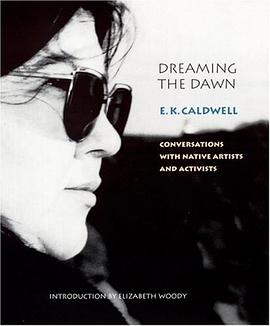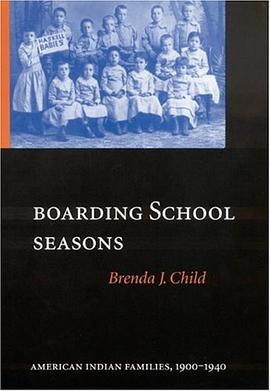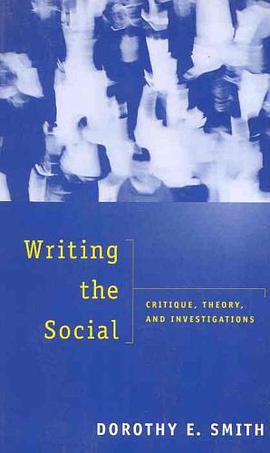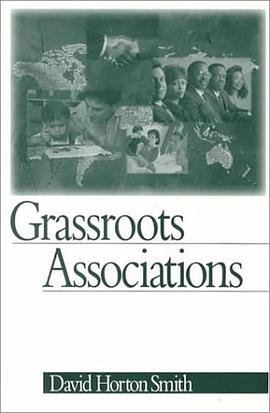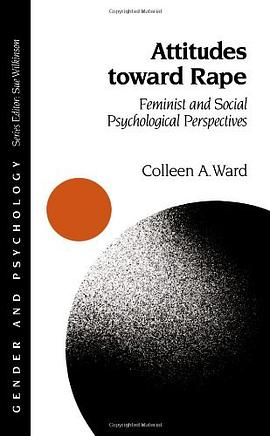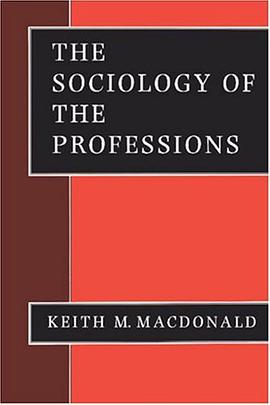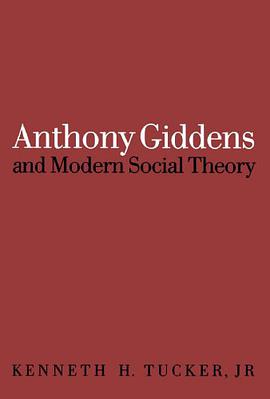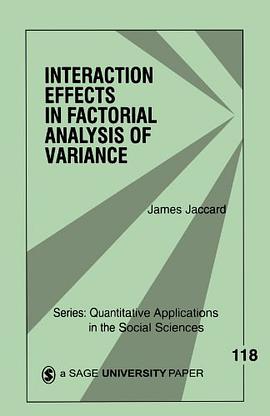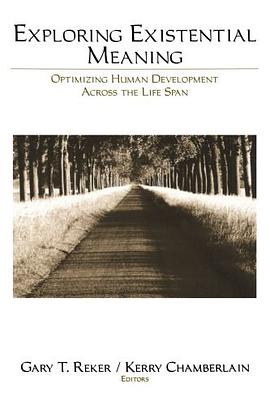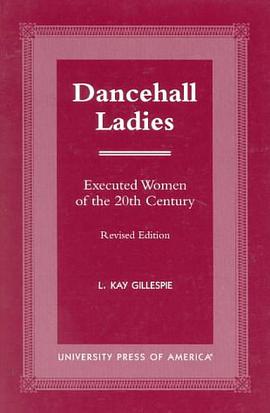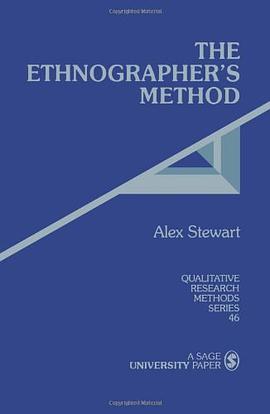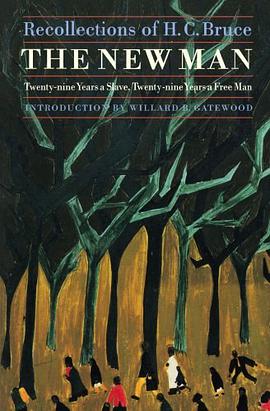

具体描述
Born to black slaves in 1836, H. C. Bruce took the name of his master, a farmer in Prince Edward County, Virginia. After years of slaving on the plantation in Missouri and working in tobacco factories, Bruce escaped to freedom in Kansas with his future wife. In the 1880s, he moved to the District of Columbia to take a federal job arranged by his brother, Blanche K. Bruce, a senator from Mississippi. The New Man is unusual in its double perspective: for Bruce's life was split by servitude and freedom, and his experience gave heightened meaning to both. Bruce provides insights into the slave's attitudes toward his masters and toward poor white people. He believes that "good blood" (a sense of honor and duty and domestic virtues) will tell, no matter the race, but he appeals to fairness in assessing the situation of emancipated slaves at the end of the Civil War: "They were set free without a dollar, without a foot of land, and without the wherewithal to get the next meal even, and this too by a great Christian Nation." This rich and complex story of one man's life during turbulent times is introduced by Willard B. Gatewood, a professor of history at the University of Arkansas, Fayetteville, and the author of Aristocrats of Color: The Black Elite, 1880-1920.
作者简介
目录信息
读后感
评分
评分
评分
评分
用户评价
相关图书
本站所有内容均为互联网搜索引擎提供的公开搜索信息,本站不存储任何数据与内容,任何内容与数据均与本站无关,如有需要请联系相关搜索引擎包括但不限于百度,google,bing,sogou 等
© 2026 book.wenda123.org All Rights Reserved. 图书目录大全 版权所有

